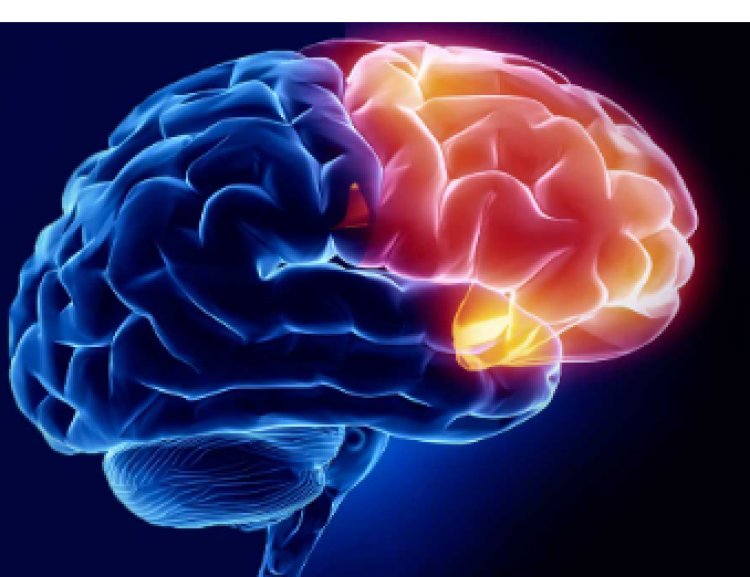Are You Familiar With Cerebral Palsy?
What You Need To Know About Cerebral Palsy; effects, symptoms and medication

The word 'Cebral' means having to do with the brain while 'palsy' means weakness on the body. Cerebral Palsy (CP) is proven to be the most common disability among children. It is a condition that affects a person`s ability to move, maintain balance and posture. In some cases, CP affects the vision, hearing and sensation.
What Causes CP? Damage to a developing brain is the major cause of cerebral palsy. Most damages occurs before birth ; the damage affects part of the brain that controls posture and body movements. CP can also affect a person after birth or during the first years of birth. Other causes of CP include;
- Severe jaundice to infants
- Head injuries which may be as a result of accidents that affected the head or child abuse.
- Brain infetions such as meningitis
- An unborn child may contract German measles (rubella) while in the womb.
What are the signs of Cerebral palsy?
The symptoms may be different from one person to another. The most common ones are difficulty in walking, sitting and maintaining posture while some find it difficulties grasping objects. Other observed symptoms may include;
- being too floppy or too stiff
- Delays or difficulties in speakin
- Ataxia- lack of muscle coordination
- stiff muscles and exaggerated reflexes
- Active one side of the body
- Seizures, intellectual disabilities and at times blindness
What are the effects of Cerebrel palsy?
- Breech birth; whereby the baby comes out starting with the feet or the buttocks firts instead of the head
- Low birth weight
- pregnant mothers exposure to toxic substances such as drugs and/ or medications may affect the foetus.
- premature birth.
Celebral Palsy is not completely cured but the condition could be maintained . The patients may also need assistive aids, medication and surgery. Such may include;
- Walking and hearing aids
- eye glasses
- wheelchairs
- body braces
- Diapers
Medication for CP includes;
- physical therapy
- Occupational therapy
- counseling
- Speech therapy
Parents, friends and relatives with CP patients are encouraged to create awareness on the disease. They are also encouraged to bring out the patients to enable the society to interact with them and learn.

 charitygithaiga
charitygithaiga 
























